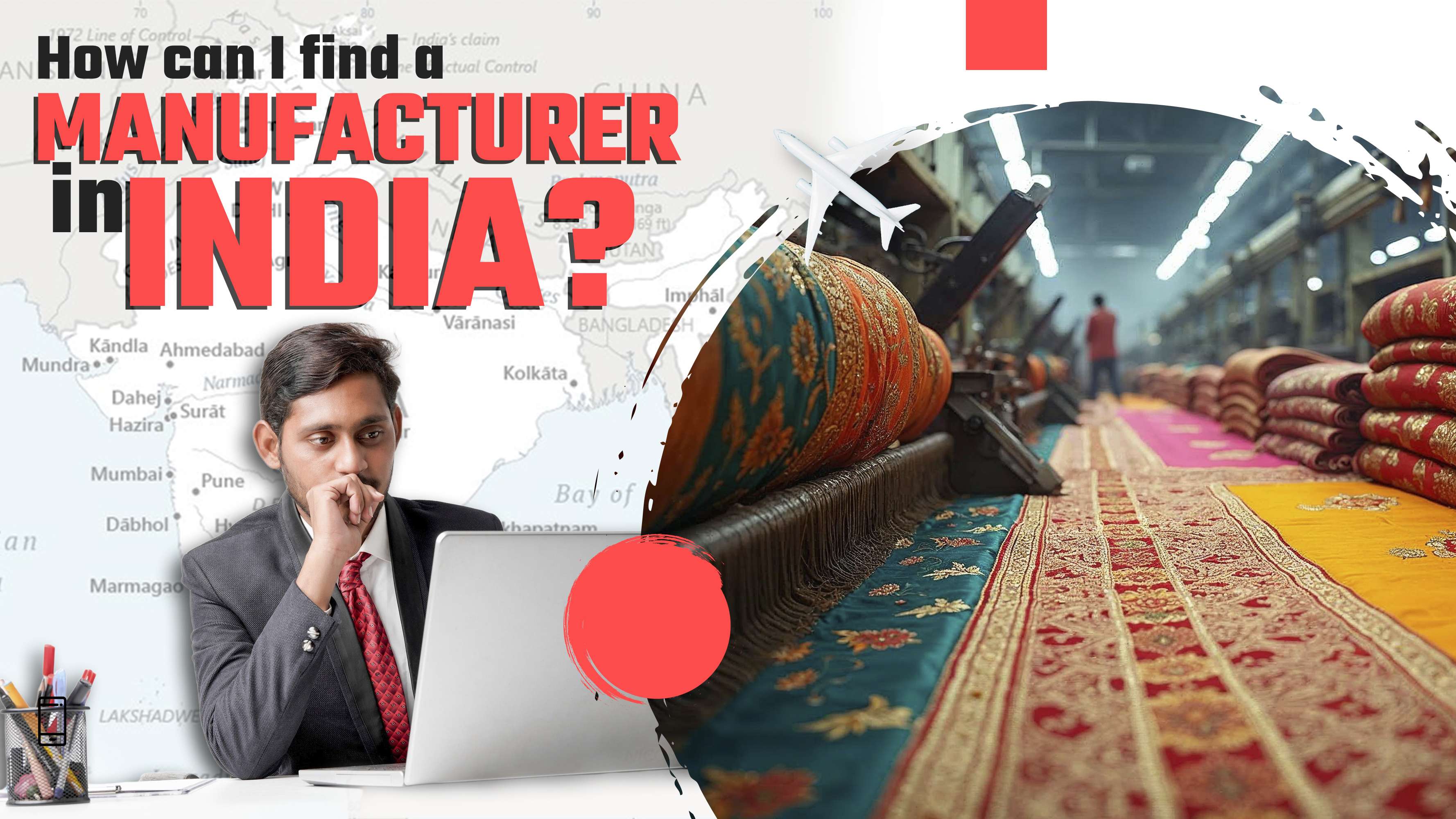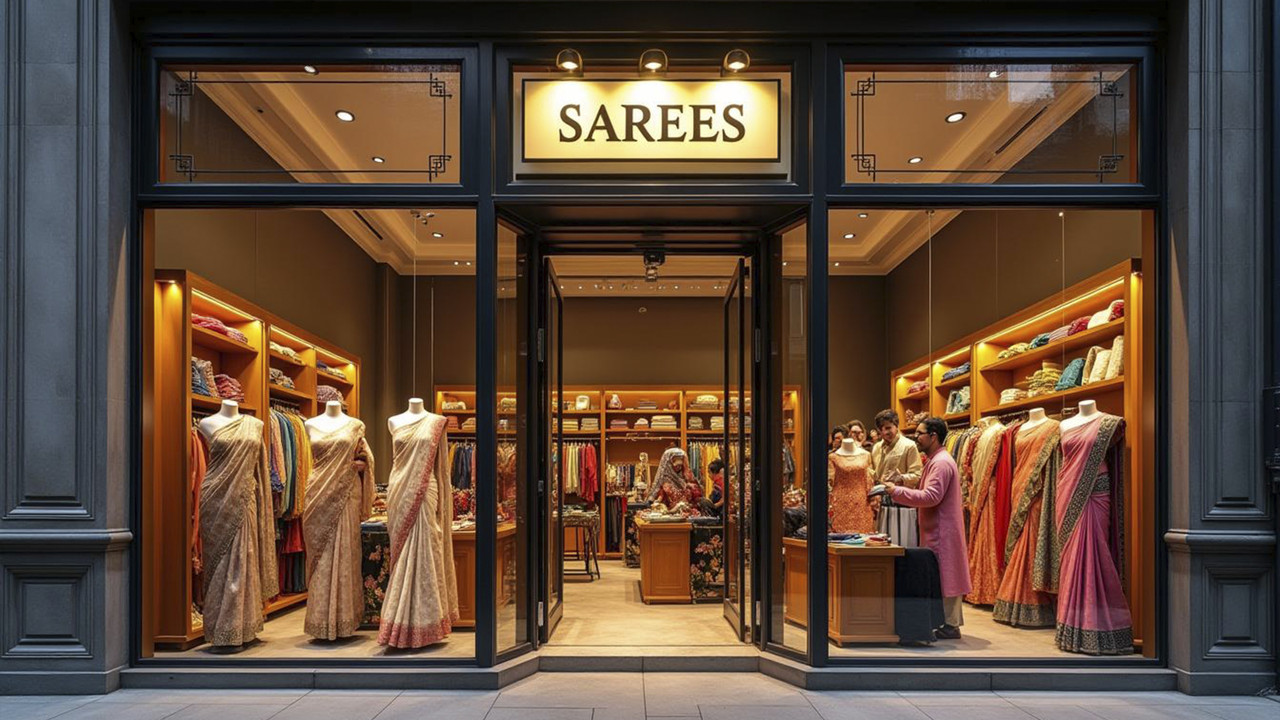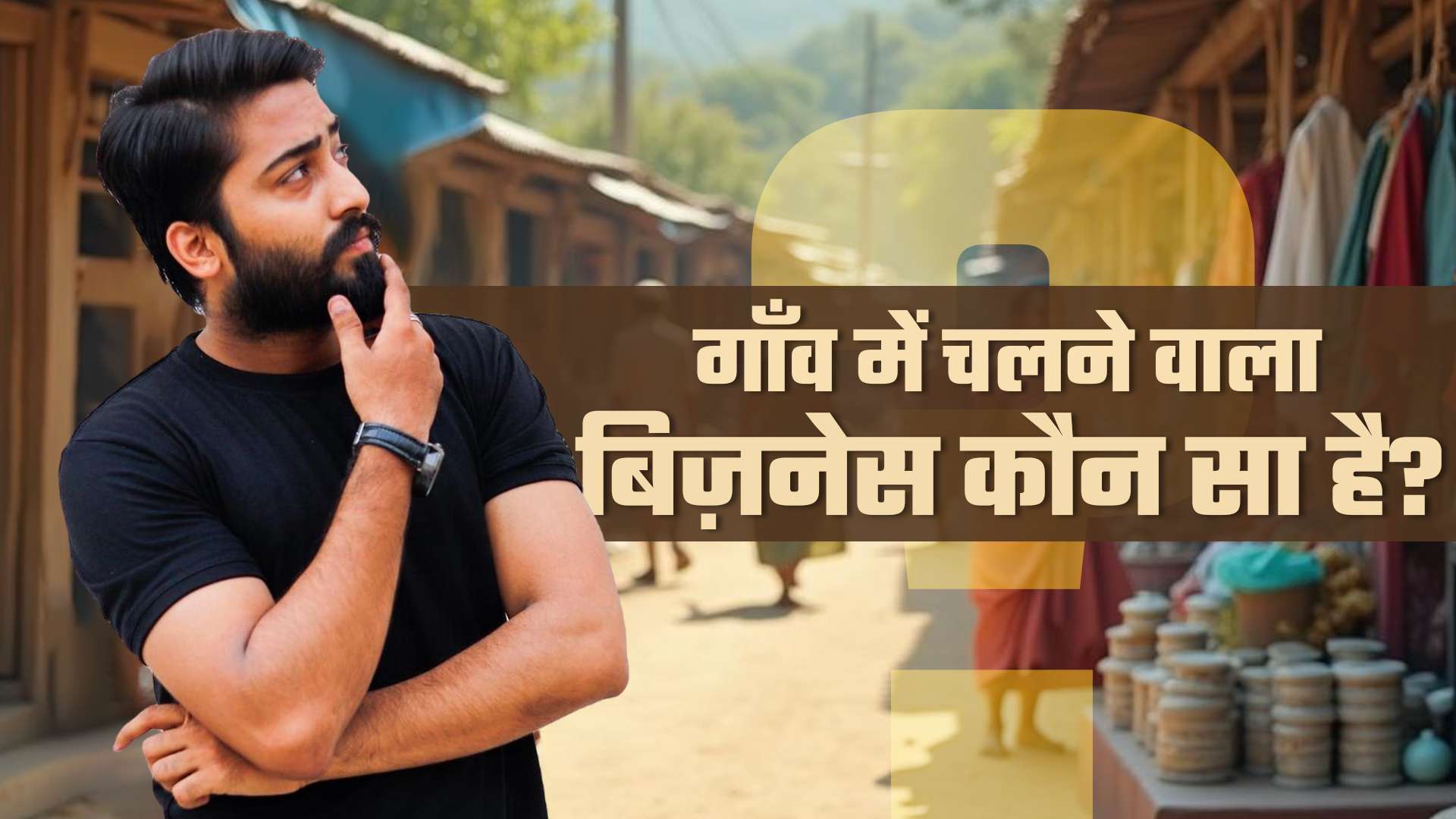How To Look For A Manufacturer In India For Your Saree Business

Share Blog:
How To Look For A Manufacturer In India For Your Saree Business?
Finding the appropriate manufacturer is one of the measures that require painstaking effort for the achievement of a profitable saree business. A reputable firm guarantees the quality of the goods, availability, and reasonable pricing, greatly benefiting brand equity. If you plan on working with Ajmera Fashion or any other wholesaler, you will want to know how to approach this process in a manner that will allow you to make an intelligent choice.

Exploring The Indian Market For An Understanding Of Saree Production And Manufacturing
India has one of the largest hubs of textiles and saree production in the world. Different parts of the country are well known for their specialties and crafts like Banarasi sarees are made in Varanasi and Kanjeevarams are woven in Tamil Nadu. Whatever the requirement, be it traditional handloom sarees or contemporary synthetic ones, they are available from numerous manufacturers depending on the requirements of your business.
Saree manufacturers can be categorized into two broad classifications:
1. Importer Based Manufacturers And Hand Looms Artisans – Such manufacturers deal exclusively with woven sarees from skilled artisans and weavers.
2. Factory Based Manufacturers – Such manufacturers operate on a mass scale, so their prices tend to be lower making them appealing to wholesalers.
Knowing how your company operates and who your customers are will help you identify the appropriate manufacturer for your needs.
Indian Saree Manufacturers: Where to Find Them?
1. Textiles Hubs and Markets
One of the most efficient methods for sourcing manufacturers is through attending textile hubs. Some notable saree regions in India are:
-
Surat in Gujarat: Also known as the textile capital of India specializing in Synthetic, Designer, Georgette sarees.
-
Varanasi in Uttar Pradesh: Best known for Banarasi silk sarees.
-
Kolkata in West Bengal: Famous for Baluchari or Bengali cotton sarees.
-
Kanchipuram in Tamilnadu: Best known for Kanjeevaram silk sarees.
-
Jaipur in Rajasthan: Bandhani and block-print sarees are popular here.
Once you know the location, you can visit the places and directly speak to manufacturers, verify the fabric quality, and arrange better deals.

For Franchisee Inquiry, Call: +9163521 77288
2. Ajmera Fashion and Other Wholesale Saree Suppliers
However if you prefer, working with wholesalers like Ajmera Fashion is also a viable choice, especially if you are looking for a reliable supplier. These wholesalers serve as middlemen between manufacturers and distributors, so they sell sarees in bulk at lower prices. Advantages include:
-
An extensive selection of sarees available.
-
Reduces the need to contact several saree manufacturers.
-
Decreased lead time due to ready-to-ship stocks.
-
Establish UIGs within the PDESC as zones of high vulnerability. Peruse the Draft Methodology Document PDESC and review the Draft Methodology Document for PDESC. Revisit the drafts and elaborate on the PDESC Draft Methodology Document parts concerning identifying UIGs.
Ajmera Fashion stands as one of the largest saree wholesalers in India, catering to retailers, boutiques, and online sellers.
3. B2B Websites and Other Directories
There are sites that sell sarees and link up to saree sellers. Some of the best choices are:
-
IndiaMART - Has numerous manufacturers of sarees in India as it is a large B2B marketplace.
-
TradeIndia - A catalog that lists vendors in sarees and textile products.
-
Alibaba - Links manufacturers in India with buyers from other countries.
-
Facebook and Instagram - Many manufacturers are now marketing their products on social network sites.
From these platforms, people can access customer reviews, check competitive pricing, and communicate directly with the suppliers without placing an order for the sarees.
4. Trade and Textile Exhibitions
With a textile exhibition, one can meet several manufacturers at different stalls all in one place. Below are few of the largest textile fairs in India:
-
Textile India Expo
-
Surat International Textile Expo
-
Handloom and Handicraft Fair
This allows you to see the latest designs, the standard of the fabric, and create business relationships.

For Wholsale Inquiry, Call: +916358907210
Also read: Why is Clothing Franchise Business Popular In India.
How Do You Pick A Good Manufacturer?
After making a list of willing manufacturers this is what you need to analyze to come to a conclusion:
1. Fabric and Design Quality
Always request for fabric samples prior to placing bulk orders. And, if you can, try to do an in person check at the showroom or factory.
2. Minimum Order Quantity (MOQ)Some wholesalers offer small quantities for sale while others allow only bulk purchases. Select a wholesaler who meets the requirements of your business.
3. Pricing and Payment Terms
With an MOQ such as this, one seller might do promotional pricing, and another might do bulk pricing but may not be as flexible in payment terms.
4. Delivery Time and Logistics
If you’re marketing a line of seasonal or holiday products, make sure your supplier has a good reputation for timely delivery. Find out who their shipping partners are and how they handle delivery.
5. Customer Support and After-Sales Service
A manufacturer should take care of the customer’s inquiries, offer replacement pieces to broken items, and give support after the sale.
Why Ajmera Fashion is a Preferred Choice for Many Retailers
Ajmera Fashion is a leading wholesaler who has enabled thousands of small scale businesses with their sarees and is a go to vendor for many retailers because:
-
Variety - From daily use sarees to expensive bridal sarees, they have it all.
-
No Middleman - Merchants purchase directly from the source, hence, competitive prices.
-
Pan-India Shipping – They ship all over India,
-
Training and Support - Helps every new retail customer start and build their business.
Ajmera Fashion makes it easy for new business owners to start the saree business without the headache of dealing with multiple vendors.
Conclusion
Selecting the right saree producer in India could determine the success of your company. Whether you decide to partner with a direct manufacturer or work with a wholesaler like Ajmera Fashion, the most significant factors are product quality, pricing, and after sales service. Do your homework, haggle as necessary, and start your saree business on the right foot

For Wholsale Inquiry, Call: +916358907210
Also Read...





